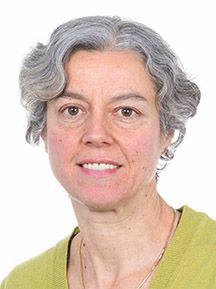Event Date/Time
Location
Andlinger Center
Maeder Hall
Maeder Hall
Series/Event Type
MAE Departmental Seminars
Image

Problems in combustion and reacting flows require a variety of experimental approaches, depending on the spatial and time scales that need to be resolved, and the level of detail required. In this talk, we describe different problems in reacting flows and thermoacoustics. We begin by discussing the structure of turbulent flames at the microscale, followed by understanding the flow macroscale, and finally the study of thermoacoustics and entropy spots. In each case, we discuss the original question, the experimental approaches to answering the question and their pitfalls, and the systematic yet occasionally serendipitous route to model validation – or not.
Speaker Bio
Simone Hochgreb is a professor in experimental reacting flows at the University of Cambridge, UK. She started her career in chemical kinetics after a PhD in Aerospace Engineering at Princeton in 1991, followed by positions at MIT and Sandia National Laboratories. While at MIT and Sandia she worked on experiments and modelling of autoignition, combustion and emissions in internal combustion engines. Since 2002 she has been working on turbulent flames and thermoacoustics as relevant to gas turbine combustors. Current research interests are focused on understanding the emergence and fate of instabilities via hot (entropy) spots, optical and spectroscopic diagnostics for reacting flows and aerosols, nanoparticle synthesis and sensing. She has been awarded the Wolfson Merit Award, and is Fellow of the Royal Aeronautical Society, and a member of the Board of Directors of the Combustion Institute.